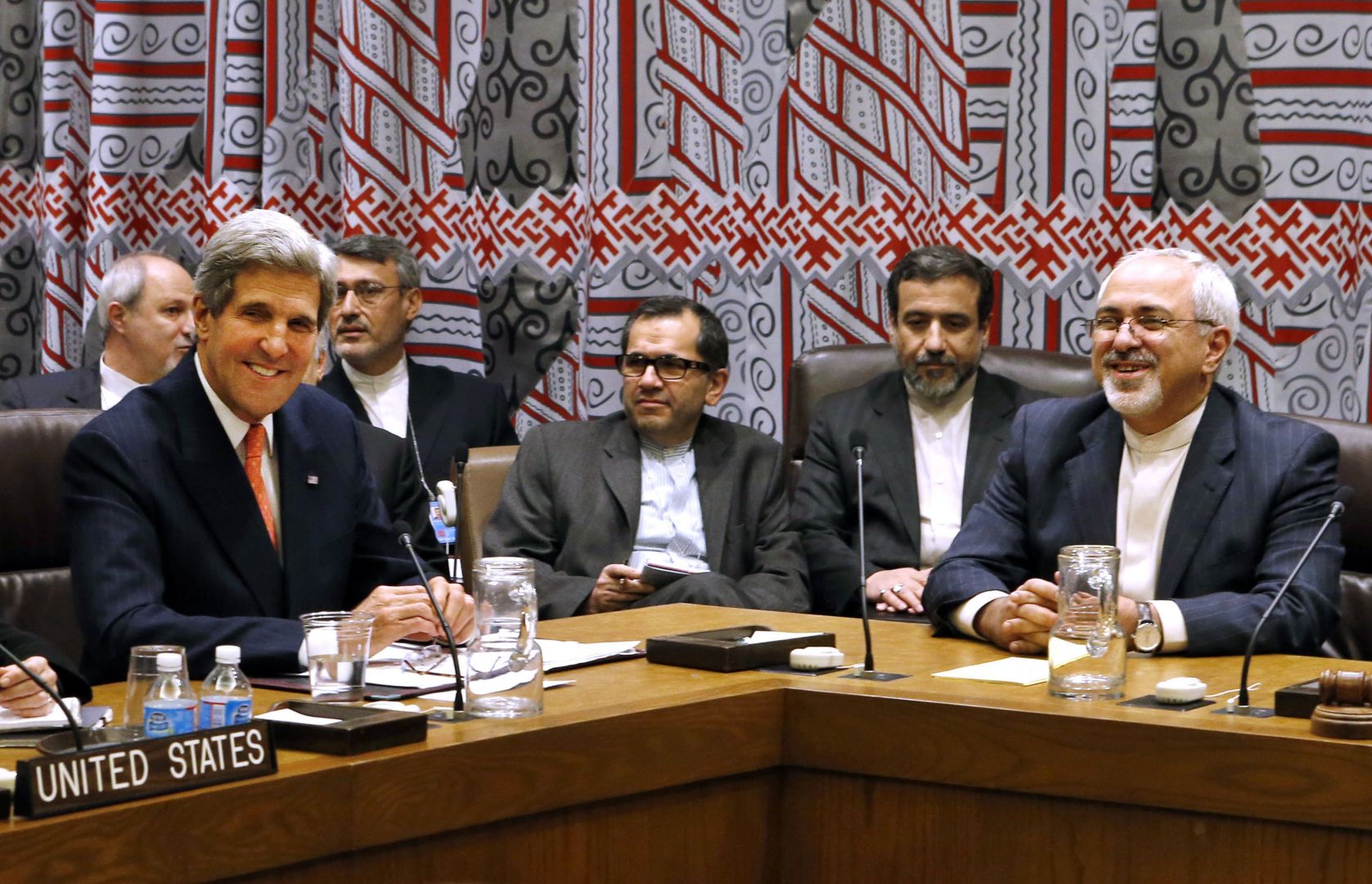Since 2009 the President of United States, Mr Barack Obama, decided to make concessions with Islamic Republic of Iran. His first move was to sanction and seize properties of some of the Iranian Kurdish political parties, such as PJAK, and then sent a Happy Newroz message to Ali Khamenei the leader of Islamic Republic in March 2009 promising a new beginning in relations with Iran.
Following the 12 June 2009 Iranian presidential elections, protests against alleged electoral fraud and in support of opposition candidates Mir-Hossein Mousavi and Mehdi Karroubi occurred in Tehran and other major cities in Iran and around the world. Millions of protesters urged the United States and its President Mr Obama to side with the people. In response President Obama declared that he did not want to be seen as “meddling” in Iranian politics. In 2012 Mitt Romney, the Republican presidential nominee, stated, “When millions of Iranians took to the streets in June of 2009, when they demanded freedom from a cruel regime that threatens the world, when they cried out, ‘Are you with us, or are you with them?’ — the American president was silent.”
This was a green light for the Iranian regime to suppress the Green Movement further and to put its leaders under house arrest.
However, after Iran intensified its program to produce nuclear weapons several Iranian authorities were sanctioned for their role in violations of human rights and the US sanctioned Iran against oil and gas exports. After the election of Hassan Rouhani in 2013 as the president of Iran, the United States under presidency of Obama has taken a more compromising position. Both President Obama and Iran have tried to give Rouhani a moderate Image – a moderate leader that will improve human rights in Iran and solve diplomatic relations with the United States.
Gradually, the US sanctions on Iran have decreased, following the continuation of nuclear talks which have only granted more concessions to Iran with no concession given by Iran, at least not to Iranians. For the first time in 35 years since the revolution in Iran in 1979, presidents of the United States and Iran held talks. Weeks after the historic talks between the two Presidents, Mohammad Javad Zarif, the Iranian Foreign Minister, and John Kerry, the United States Foreign Minister, met.
European diplomats slowly poured to Iran to restart their economic relationships. Carl Bildt the Swedish Foreign Minister became the highest EU diplomat to visit Iran after around a decade.
With the improvement of relations between Iran and US-EU, many human rights organisations concerned that better relations and nuclear talks should not be at the expense of ignoring the dire situation of human rights in Iran. This was not a groundless fear – Carl Bildt in Iran merely stated in a press conference that the two countries have “different perspectives” in regards to Human Rights.
With the ISIS terrorists advance in Iraq in summer of 2014 and US-Iran cooperation in fight against the extremist group, human rights abuses by the Iranian regime is more overlooked by the west than ever. To the extent that US-led coalition declared that it will not target the Syrian regime, one of Irans most important allies in the region, in their airstrikes even though a humanitarian mission would call for it as the Syrian Regime is responsible for killing of thousands of civilians in Syria.
The change in US and EU policy towards Iran, has allowed the Iranian regime to increase oppression and execution of minority groups such as the Kurds, Baloch and Arab political prisoners. During the presidency of Rouhani the situation of human rights in Iran has become increasingly severe, more so than the period of Mahmoud Ahmadi Nejad.
Ahmad Shaheed, the United Nations investigator stated on October 2014 “That executions have surged in Iran and oppressive conditions for women have worsened,” drawing attention to human rights abuses just as Iran’s president was pushing for a diplomatic breakthrough with the West.
From July 2013 to June 2014, Mr. Shaheed’s report confirmed, at least 852 people were executed, in what he called an alarming increase from rates that were already high.
Since appointment of Mr Shaheed in 2011, he has produced seven reports to the United Nations in regards to Iran’s human rights abuses. In his latest report, Mr Shaheed emphasizes the worsening conditions for women in Iran. These reports make very poignant the increasing need for world leaders to be certain that improving diplomatic relations with Iran must not be at the expense of the rights of the people living in Iran and ultimately the lives of over 70 million.

